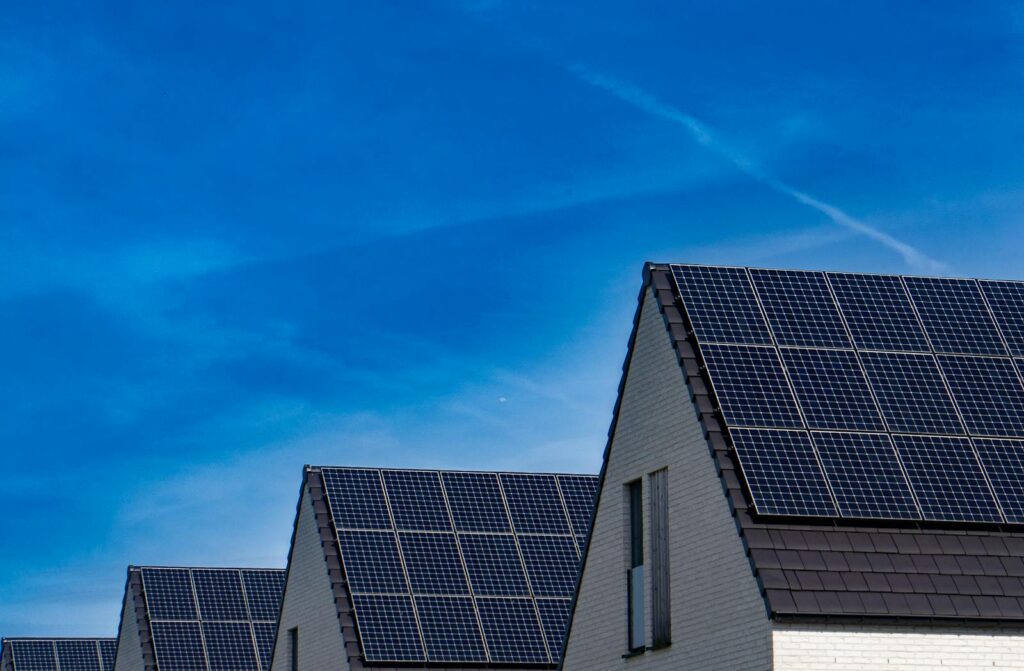What You Need to Know About the Shift Toward Energy-Efficient Homes

The move toward energy-efficient homes is more than just a trend; it’s a necessity in today’s world. Rising energy costs, environmental concerns, and advancements in technology are encouraging homeowners to embrace energy-saving solutions. If you’re new to this concept, here’s a breakdown of what you need to know and how you can make your home more efficient.
Why Energy Efficiency Matters
Energy-efficient homes are designed to reduce energy consumption without sacrificing comfort or functionality. These homes lower utility bills, decrease reliance on fossil fuels, and reduce carbon emissions. They also contribute to a healthier living environment by improving indoor air quality and temperature control.
Key Features of Energy-Efficient Homes
Modern energy-efficient homes incorporate several smart features to optimise energy use:
- Insulation and Sealing Proper insulation and air sealing are essential for keeping your home warm in winter and cool in summer. This reduces the need for heating and cooling, which are major energy drains.
- Efficient Heating Systems Heating systems, such as heat interface units (HIUs), play a significant role in energy-efficient homes. An HIU efficiently distributes heat and hot water in multi-unit buildings, ensuring each household only uses what it needs. Regular HIU service ensures these systems operate optimally.
- Smart Thermostats Smart thermostats learn your habits and adjust temperatures automatically, saving energy while maintaining comfort.
- Renewable Energy Sources Solar panels and wind turbines are becoming increasingly popular, allowing homeowners to generate their own clean energy and reduce their dependence on the grid.
- Energy-Efficient Appliances Appliances with high energy ratings use less electricity, making them a smart choice for eco-conscious households.
Benefits of Energy-Efficient Homes
Investing in an energy-efficient home comes with numerous benefits:
- Lower Utility Bills: Reducing energy consumption directly cuts down on electricity and gas costs.
- Enhanced Comfort: Better insulation and smart heating systems ensure a consistent and comfortable indoor environment.
- Increased Property Value: Energy-efficient upgrades can boost a home’s market value.
- Environmental Impact: Reducing energy usage helps lower greenhouse gas emissions, contributing to a healthier planet.
Steps to Make Your Home Energy-Efficient
You don’t have to build a new house to enjoy the benefits of energy efficiency. Start with these simple steps:
- Audit Your Energy Use Conduct an energy audit to identify areas of improvement, such as drafts, inefficient appliances, or outdated heating systems.
- Upgrade Heating and Cooling Install or service your heat interface unit with a trusted provider to ensure it operates efficiently.
- Install Energy-Efficient Windows Double-glazed or triple-glazed windows minimise heat loss, keeping your home insulated.
- Switch to LED Lighting LED bulbs use significantly less energy and last much longer than traditional incandescent bulbs.
- Adopt Renewable Energy If feasible, consider adding solar panels to generate your own clean energy.
The Future of Energy-Efficient Homes
The shift toward energy efficiency isn’t slowing down. Governments worldwide are introducing stricter energy codes and incentives to encourage adoption. Advancements in technology, like AI-driven energy management systems, will make it even easier for homeowners to monitor and reduce their consumption.
By taking small steps toward energy efficiency, you can save money, live more comfortably, and do your part for the environment. Whether it’s upgrading your heating system or exploring renewable energy options, every action contributes to a smarter, more sustainable future. Reliable services ensure your efforts are maximised, making the shift toward energy-efficient living both practical and rewarding.





